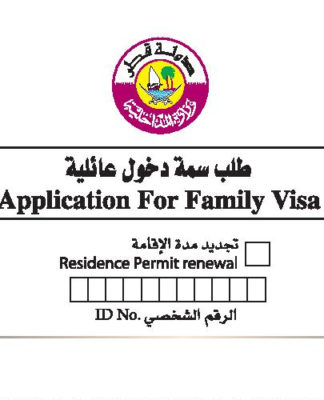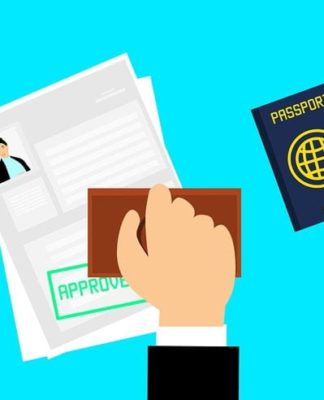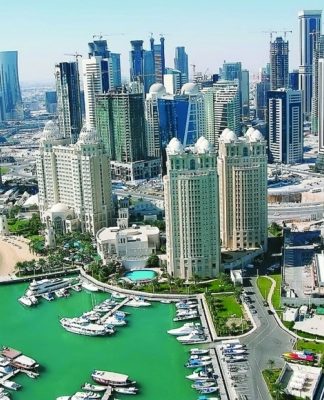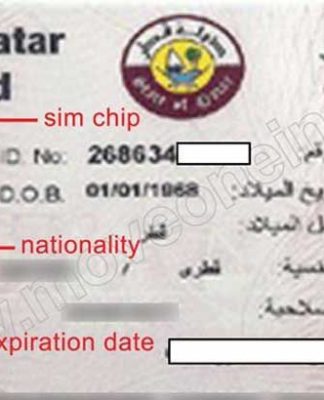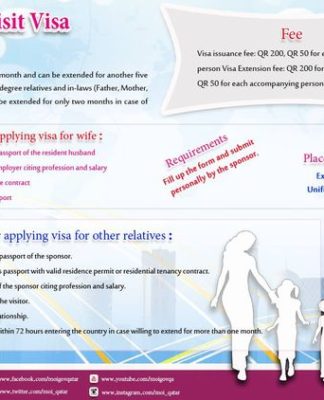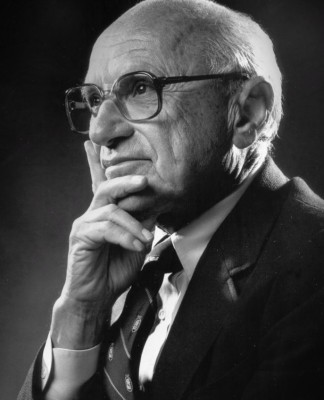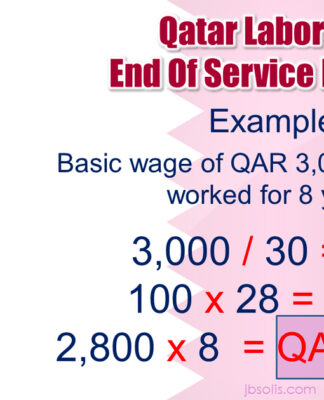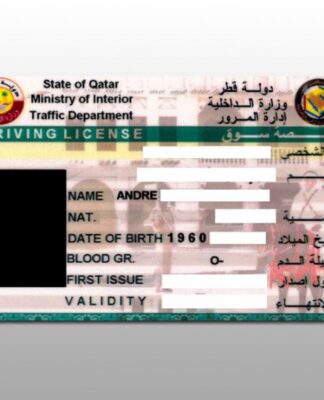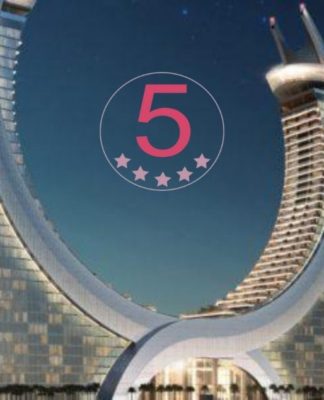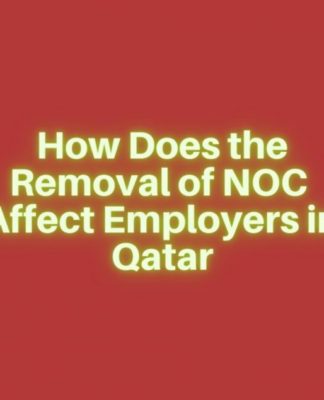The leader of Italy’s ruling League party, Deputy Prime Minister Matteo Salvini, said yesterday that the governing coalition had broken down and that the only way forward was to hold new elections.
The shock announcement follows months of bickering between the right-wing League and its coalition partner, the anti-establishment 5-Star Movement (M5S), and it throws the eurozone’s third-largest economy into an uncertain political future.
Salvini said in a statement that he had told Prime Minister Giuseppe Conte that the alliance with M5S had collapsed after little more than a year in power and “we should quickly give the choice back to the voters”.
Parliament, which is now in its summer recess, could reconvene next week to carry out the necessary steps, Salvini said, referring to the need for a no-confidence vote in the government and the resignation of the premier.
Tensions came to a head on Wednesday when the two parties voted against each other in parliament over the future of a project for a high-speed train link with France.
M5S has more parliamentary seats than the League, but Salvini’s party now has twice as much voter support, according to opinion polls, and it has often threatened to try to capitalise on that popularity with new elections.
However, it remains to be seen if things will go as Salvini plans.
Pushing the nation back into election mode in August, when Italians are on holiday and parliament is closed for the summer recess, would be unusual and potentially risky.
President Sergio Mattarella is the only person with the power to dissolve parliament, and may be unwilling to do so ahead of preparatory work in September for the 2020 budget, which must then be presented to parliament the following month.
Italy has not held an election in the autumn in all the post-war period.
Yesterday Prime Minister Conte held separate talks with President Mattarella and Salvini.
The opposition has called on the government to resign, arguing that it no longer has a workable majority in parliament after M5S leader and Deputy Prime Minister Luigi Di Maio voted against the Lyon-Turin rail project.
Italian media reported that Salvini, in earlier talks with Conte, set conditions for staying in the coalition – including the resignation of the transport, defence and economy ministers, who have resisted his projects and policies.
A gentler reshuffle was seen as possible, however.
Salvini himself has refrained from publicly attacking Di Maio over his opposition to the rail project, which involves a €8.6bn ($9.8bn) tunnel through the Alps.
If the government collapses and opposition parties can come up with no workable alternative, a snap election could be called for October to reconstitute parliament.
“The League and M5S have been diverging in their vision for too long, on matters that are fundamental for the country,” the League said yesterday. “This government’s only option is to let Italians have their say” by calling elections.
Opinion polls indicate Salvini’s League party would win the election and could govern in alliance with another, smaller far-right party, Fratelli d’Italia.
President Mattarella has insisted that there must be a government in place to finalise the budget, a first draft of which has be submitted to EU authorities by the end of September.
To that end, the president could name a government of technocrats and push the elections back to February or March next year.
The government is struggling to rein in its public deficit and its mammoth debt mountain of more than €2.3tn.
Wolfango Piccoli of political risk consultancy Teneo said the League’s declarations should not be taken at face value.
“Salvini’s well-orchestrated ‘summer crisis’ is unlikely to lead to snap polls before year-end,” he said, attaching a 30% chance to this possibility.
“The most likely outcome is a cabinet reshuffle that will sanction the replacement of some M5S ministers with figures either from the Lega (League) or trusted by the party leadership,” Piccoli said.
- News
- News of Welcome Qatar Company
- Political News
- Qatar Football
- Qatar News
- Social News
- Sport News
- Technology News
- World News
Italy grapples with government crisis















